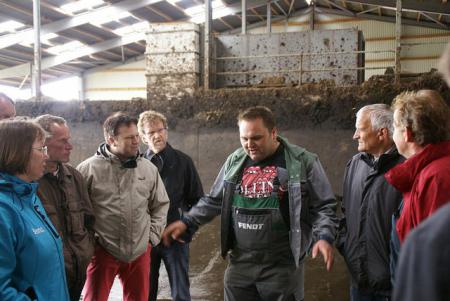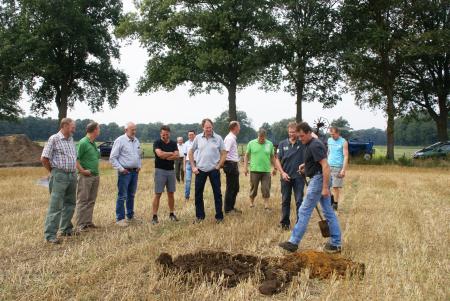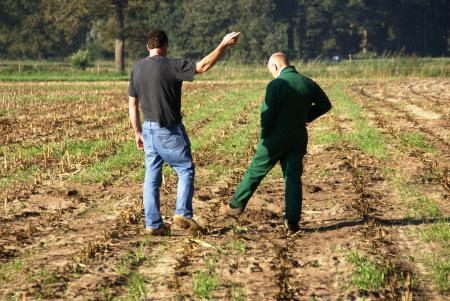Image:

Resource description:
The WOCAT Approach describes a process of social innovation in a region with dairy farming in the eastern Netherlands, driven by a foundation of farmers and inhabitants. The objectives of the region are sustainable dairy farming, which is resilient to climate change and able to reduce GHG emissions and the provision of clean and affordable drinking water from groundwater sources in the area. The foundation supports land management activities from farmers and collaborates with the regional and local authorities, the drinking water company and agri-business (feed and dairy companies).
Author/Contact:
Alterra, Wageningen UR
Publication date:
Images
Requirements:
- An intermediary party with motivated people between land users/managers and governments, businesses and knowledge institutes.
- Subsidy arrangements and legal experimental room for sustainable land management technologies, e.g. from EU financial instruments like ERFD, CAP, LIFE+, or regional policy instruments.
- Scientific support for SLM technologies from agronomic and environmental institutes (e.g. Wageningen UR and partners).
Advantages:
- A mechanism for continued learning on farm management between farmers.
- Basic conditions for innovation initiated by farmers and companies.
- Improved production of dairy products and drinking water in the long term.
Constraints:
- Subsidy arrangements are required to allow farmers to take risks in applying new SLM measures.
- Legal support from authorities is required to enable experimental implementations
- Companies up- and downstream in the value chain (feed & fertiliser company, drinking water, company, dairy company) should support the long term goals of the farmer's foundation, e.g. through labelling or carbon credits.
Additional information:
- Case studies in the EU RECARE project working on responses to soil degradation problems: http://www.recare-hub.eu/case-studies
Licence:
- Free, no licence
Development stage:
- Full, working product

